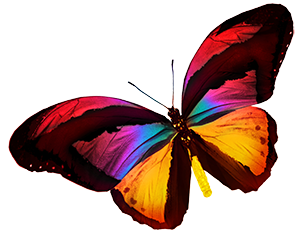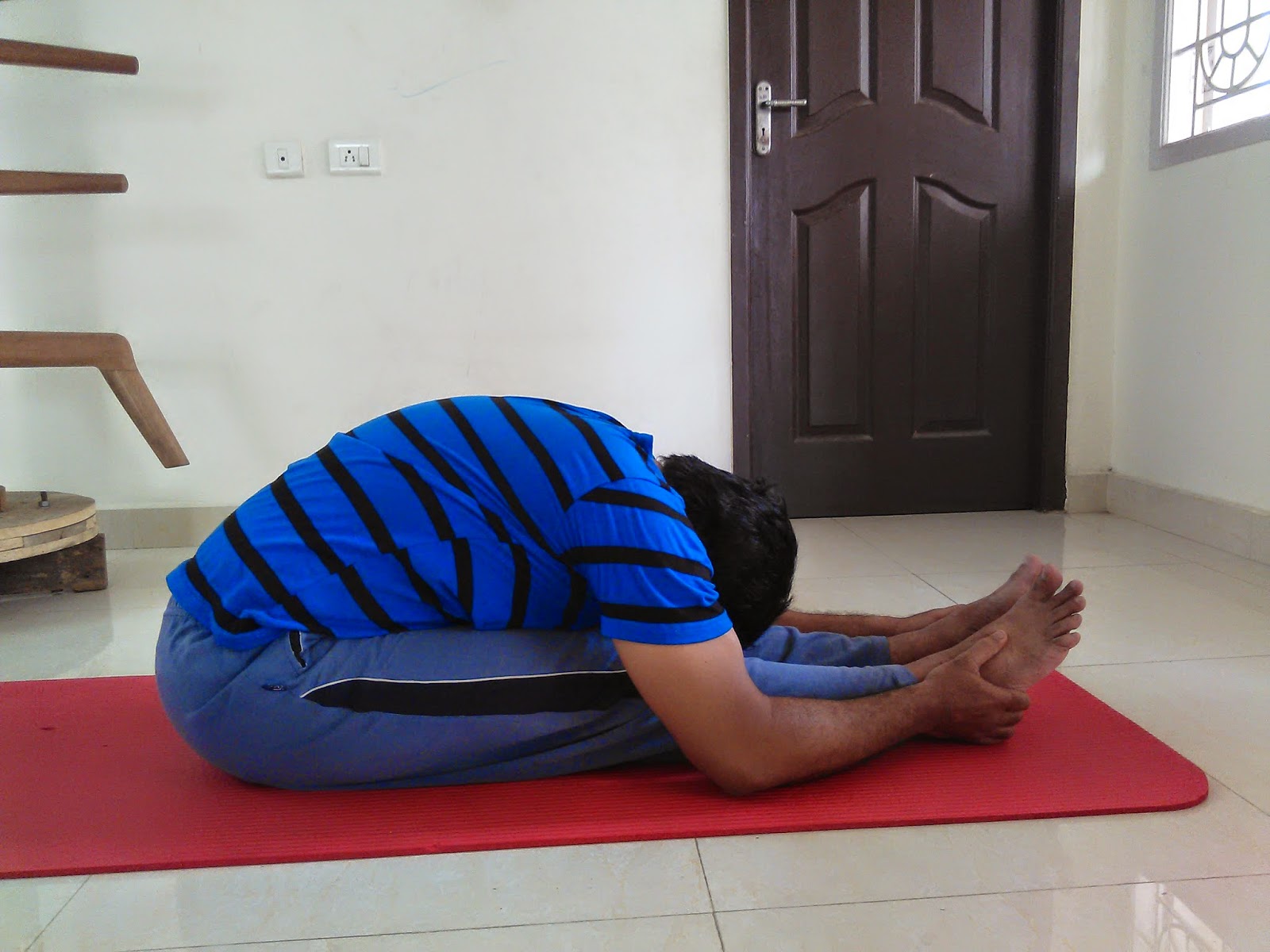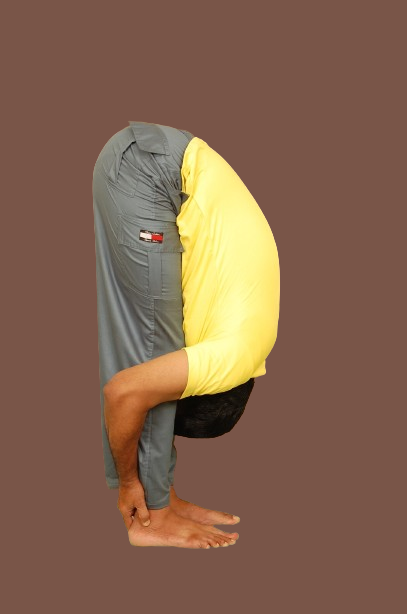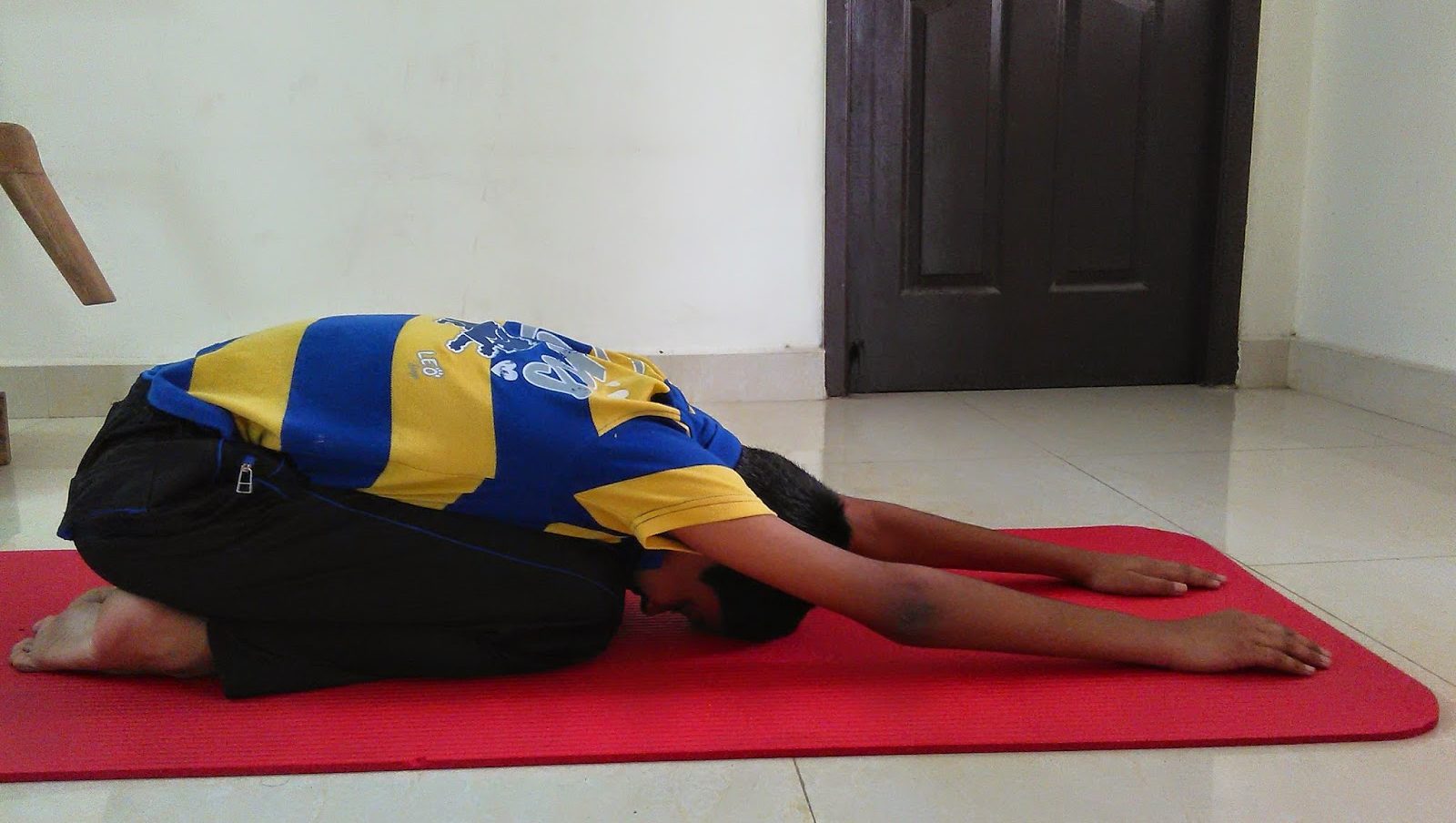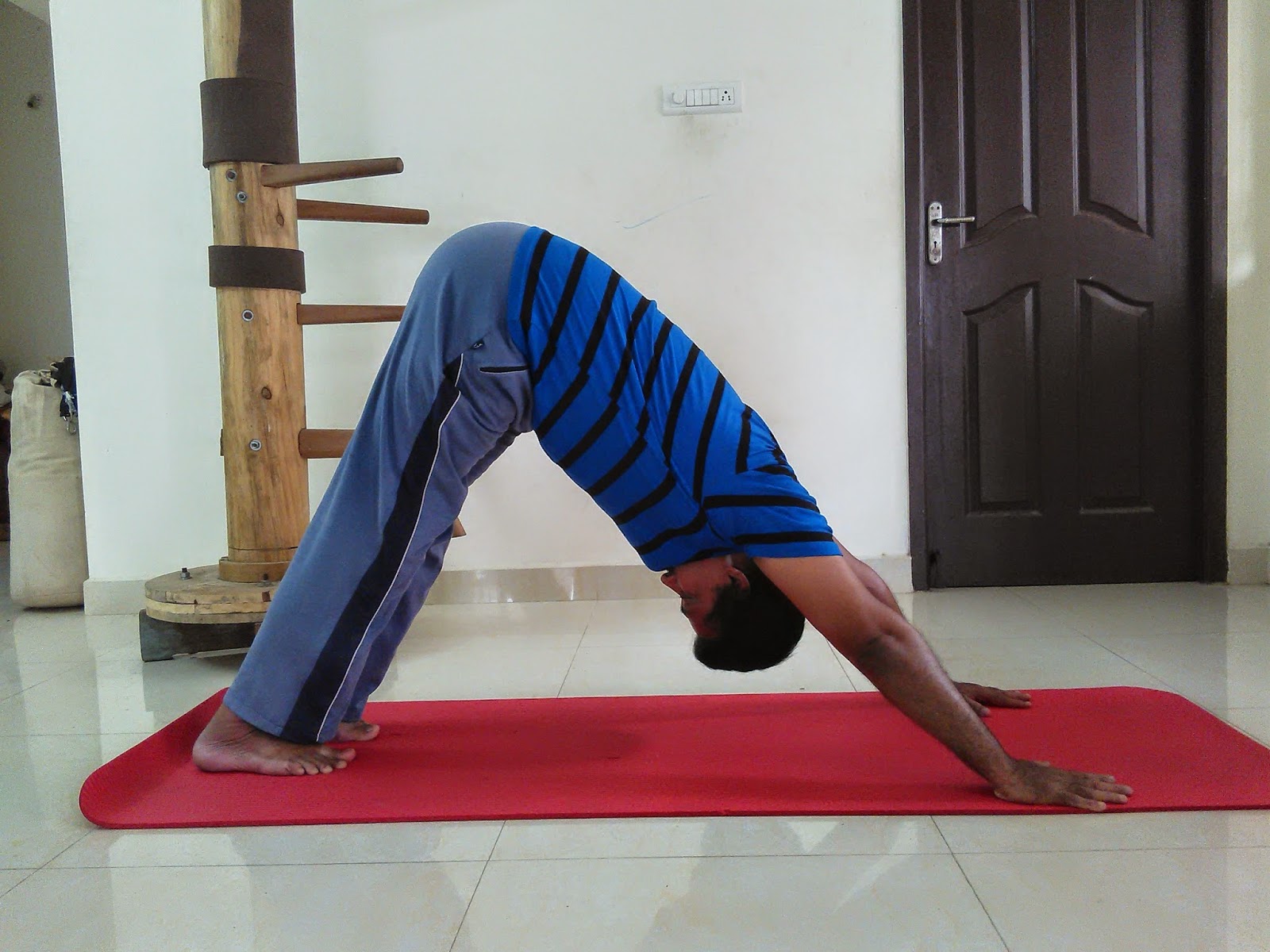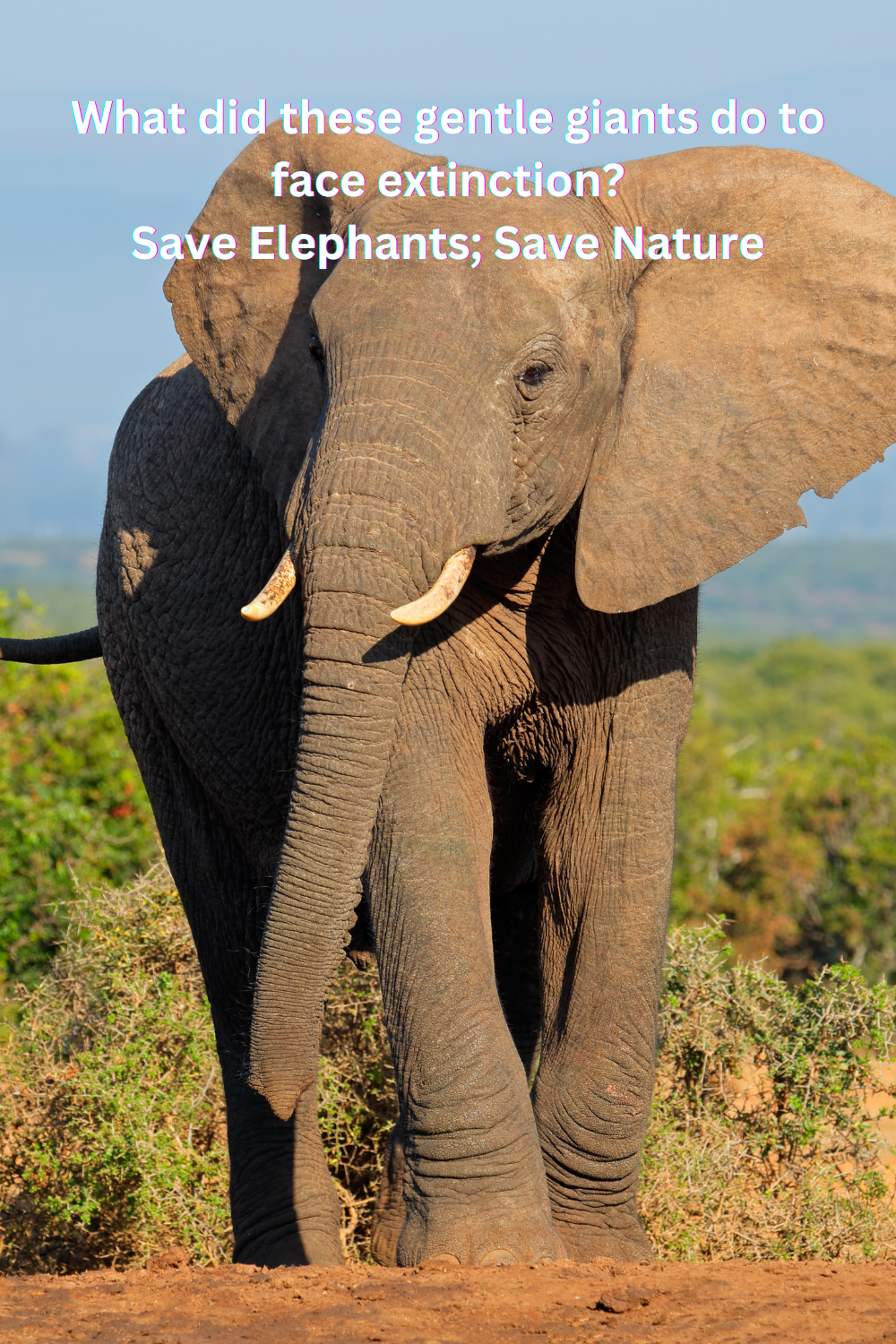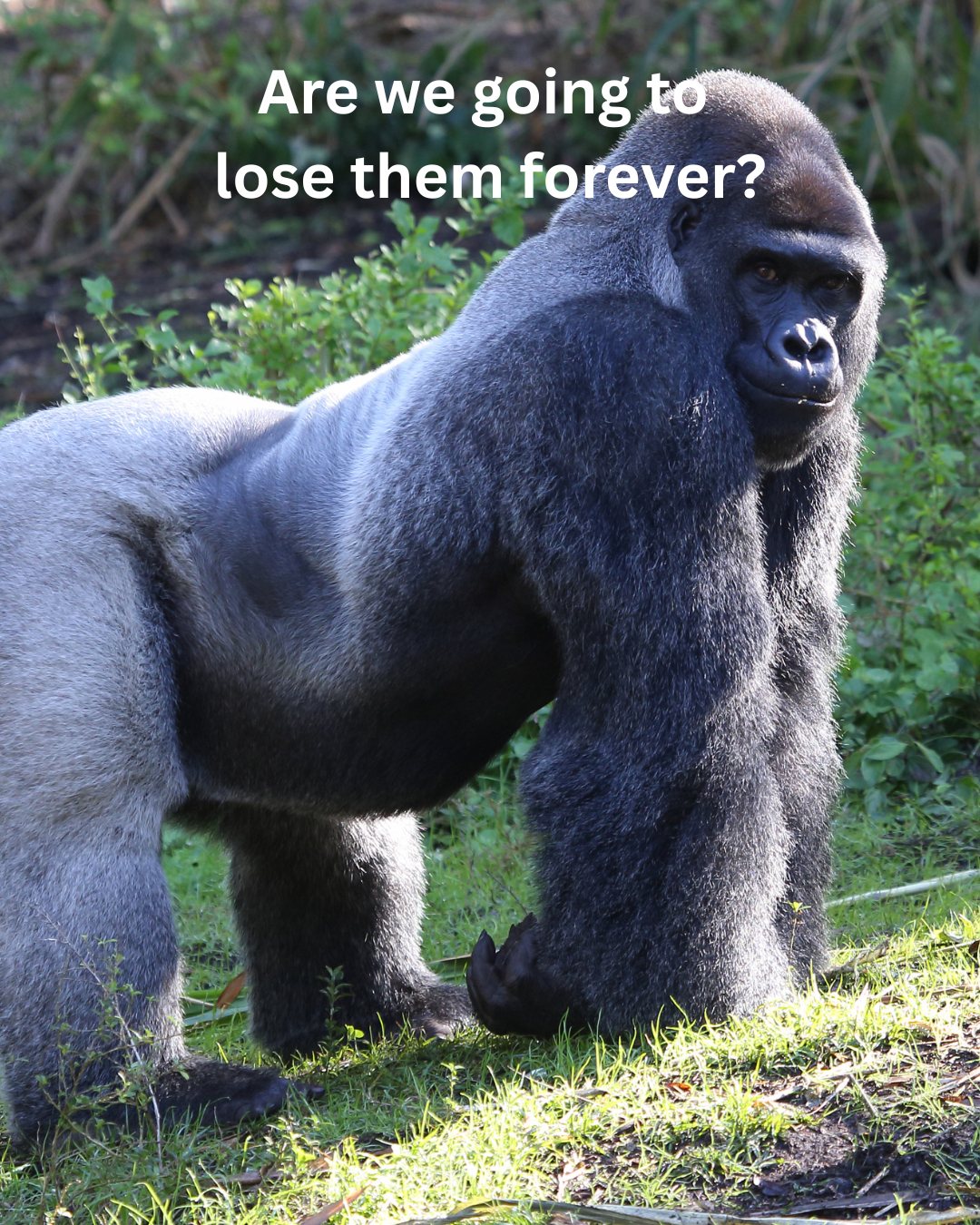Between 1990s and 2006, India lost over 99% of its vulture population. This not only left our skies emptier but also posed great risk for our environment. Humans did not make an escape either. Due to the decline of these natural sanitation workers, human population took a severe beating during this declining phase.
The Hidden Killer: Diclofenac
A very common medicine used for treating livestock caused the decline of vulture population in India. Diclofenac, an anti-inflammatory medicine used for treating cattle brought down the vulture population to a miserably low levels.
Cattle treated with diclofenac, had residues of the medicine even after their death, which became a death trap for vultures who feed on carcasses.
This medicine caused severe kidney failure in vulture resulting in death within hours of eating the carcass.
The Ban and the Danger After
In the year 2006, Indian government banned diclofenac.
However, the medicine was still used illegally by some people.
Apart from diclofenac, ketoprofen and aceclofenac used for treating cattle also caused death in vultures. These medicines were banned only in 2023.
A Deadly Domino Effect: 5,00,000 Human Deaths Linked to Vulture Decline
In a research conducted in the year 2008, linked vulture decline to:
- Increase in feral dog population in lakhs.
- Increase in risk of rabies in humans
- During the period of vulture decline, 5 lakh humans died due to various infections including rabies.
What Makes Vultures So Special?
By eating carcasses of dead animals, vultures play a crucial role in protecting our ecosystem.
Vultures do beyond scavenging; they are evolutionary marvels with the ability to clean up death without spreading disease.
Vultures have hyper-acidic stomachs (pH 0–1) — strong enough to kill anthrax, rabies, botulism, and more.
With their amazing immunity, vultures carry and neutralize deadly pathogens that would sicken or kill most animals — even some humans.
What Can We Do?
Even a small role can make a great change in our ecosystem.
- Create awareness
- Support bans on all harmful NSAIDs.
- Join local conservation groups supporting vulture breeding and rescue.
If you are a bird lover and a passionate bird watcher, you are sure to love this journey. .
Let's make informed decision when it comes to purchasing products for regular use. Let the products be ecofriendly as this would keep us healthy and the nature balanced.
Here are my recommendations for the day; these are ecofriendly, great for regular use and beautiful too:
Coconut Shell Cups and Bowls
These beautiful cups and bowls are an excellent choice for regular use.
Coconut Shell Pencil, Pen Stand
This aesthetically designed stand can hold around 15 to 20 pencils.
Glass Jar With Bamboo Lid
Perfect jars for keeping your food ingredients safe.
As an Amazon affiliate, I may earn a small amount as commission from qualifying purchases made through the affiliate links at no additional cost to you.

Rama Thamizharasu
Welcome. I am a yoga therapist, SEO consultant, content creator and translator.
Kindly check our other blog and YouTube channels:
https://voiceofapet.blogspot.com/
https://www.youtube.com/@PetsDiaryPages
http://www.youtube.com/@letnaturelive_YT
